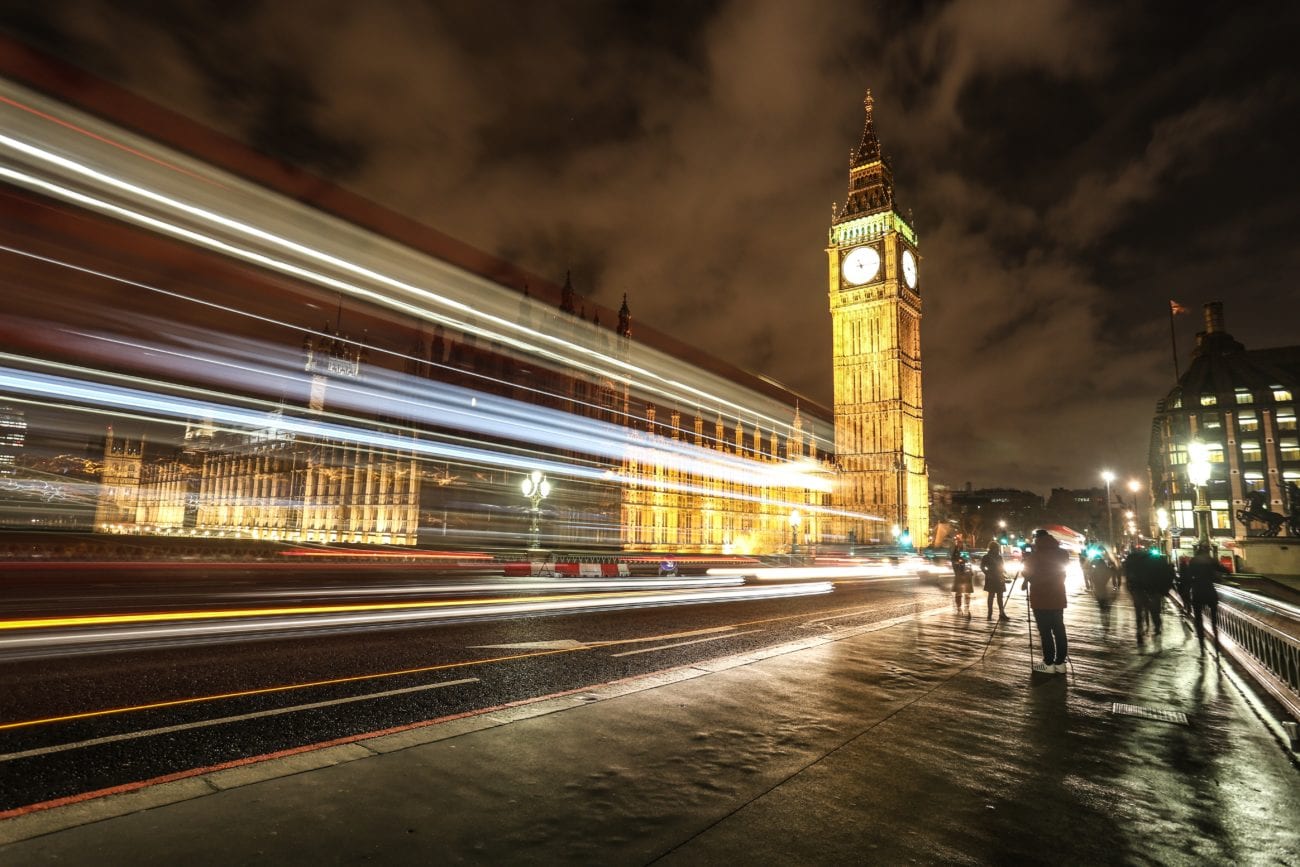The Treasury Committee was yesterday told the Netherlands was not a viable example to show gambling tax hikes increase black market activity.
Gambling tax hikes are not a sufficient policy to address problem gambling, think tank IPPR economic policy expert Carsten Jung told the UK parliament’s Treasury Committee on Tuesday.
During the committee session MPs heard from two panels of experts; the first included Jung who is acting interim associate director for economic policy and AI for the Institute for Public Policy Research (IPPR).
The IPPR in August advised the government to increase remote gaming duty from 21% to 50%, and machine games duty from 20% to 50% of operator profit, to raise an additional £3 billion ($4 billion) in tax revenue per year.
“Gaming machines and remote betting are fairly sort of sticky. You can raise the tax more and raise more money, but it also means not everyone will be deterred by higher rates or poorer odds,” he told the committee.
“And therefore, on its own, I would argue it’s not a sufficient policy to address problem gambling.”
Jung’s points were made in response to comments from ex-industry stalwart and co-founder of Paddy Power Stewart Kenny. He told the committee that “higher-risk” gambling offerings should be taxed more “to disincentivise bookmakers from sucking [players] from sportsbook into the online casino”.
Netherlands not a fair example in black market tax hike argument
Responding to a question on the impact of gambling tax hikes on the black markets, Jung said the Netherlands was not a viable example for gambling tax increases contributing to black market growth.
The market increased its gambling tax in January as part of a staggered hike and, in August, reports suggested the rise would leave a €200 million black hole in the budget as less tax revenue was being made overall in the market.
In its most recent report on market activity, the market regulator (KSA) said that this year, for the first time, black market spending had outpaced regulated gambling spending.
“That is an example that [the industry] will use, but it’s the only example they will use,” Jung said. “In the Netherlands, not only did they introduce tax, they did a whole load of other regulatory changes as well, which we are not proposing.”
Jung also pointed to very complex legal processes which would hinder black market enforcement in the market.
“Fortunately, we don’t have that in this country. We are much better and we’re seen as world leaders when it comes to tackling this sort of black-market site,” he added.
He also used Estonia as an example to show there “is no such correlation between the level of tax and the level of the black market”.
“Estonia, lower tax, lower share of legal market. One of the problems we have in this area is that it’s very hard to measure, because you’re trying to measure something that’s a criminal activity, so notoriously, it’s always hard to measure,” Jung added.
Retail connected to online businesses
In a second panel session, Betting and Gaming Council (BGC) CEO Grainne Hurst and BGC tax committee chair Stephen Hodgson answered the panel’s questions on how a remote gambling tax hike would impact retail operations.
In recent weeks several operators in the UK have warned they would close high-street betting shops in response to a potential tax hike in the UK.
Hurst said companies operate as a single profit-and-loss model and therefore any impact to the online sector through increase remote gaming duty would inevitably impact their retail businesses.
Operators would likely have to pull back investment from other parts of their business, she said.

